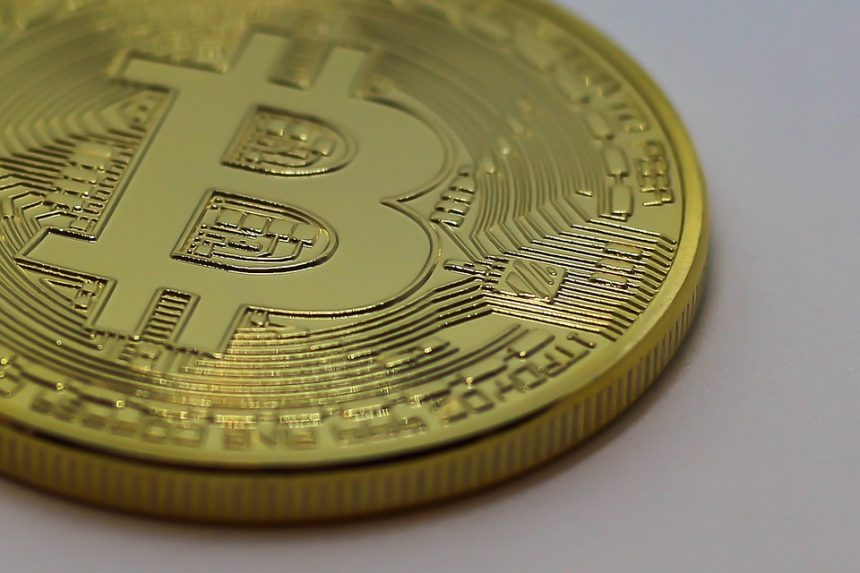The Role of Smart Contracts in DeFi: Revolutionizing Finance or Just Hype?
The financial landscape is undergoing a seismic change, with Decentralized Finance (DeFi) at the forefront of this transformation. At the heart of DeFi are smart contracts—self-executing contracts with the terms of the agreement directly written into code. As the DeFi space gains traction, the question arises: Are smart contracts truly revolutionizing finance, or are they just another passing technological trend?
Understanding Smart Contracts
First introduced by computer scientist Nick Szabo in the 1990s, smart contracts were designed to facilitate, verify, and enforce the negotiation and performance of contracts through code. They operate on multiple blockchain platforms, with Ethereum being the most prominent due to its robust ecosystem and support for decentralized applications (dApps).
A smart contract automatically executes actions when predefined conditions are met, eliminating the need for intermediaries, reducing costs, and increasing speed. For example, in a DeFi lending platform, a smart contract can automatically execute a loan agreement once the borrower provides the required collateral.
Revolutionizing Financial Services
-
Transparency and Security: Smart contracts operate on public blockchains, making their code visible to anyone. This transparency fosters trust among users, as they can independently verify how the contract operates. Moreover, smart contracts leverage the immutability of blockchain—once deployed, the code cannot be altered, which enhances security and reduces the risk of fraud.
-
Accessibility and Inclusion: Traditional financial services often exclude individuals without a bank account or those in regions with underdeveloped financial infrastructure. DeFi, facilitated by smart contracts, can provide inclusive financial services to anyone with internet access. This democratization of finance has the potential to empower millions of unbanked individuals around the world.
-
Cost Efficiency: By removing intermediaries—such as banks, brokers, and custodians—smart contracts significantly lower transaction costs. This is especially beneficial for activities like remittances, where fees can otherwise consume a large portion of the funds being transferred.
-
New Financial Products: Smart contracts enable the development of innovative financial instruments and services, including decentralized exchanges (DEXs), automated market makers (AMMs), yield farming, and liquidity mining. These products offer users more options for engagement and investment than traditional finance typically provides.
- Programmable Money: Smart contracts allow for the creation of programmable money, which can be tailored to meet specific needs. Users can automate payments, create complex financial instruments, or set conditions under which assets can be released. This programmability is a powerful tool for innovation in financial services.
Challenges and Concerns
Despite the promising potential of smart contracts in DeFi, there are significant challenges and risks associated with their use.
-
Code Vulnerability: While theoretically perfect, smart contracts are not immune to bugs and security vulnerabilities. Flaws in the code can lead to catastrophic loss of funds, hacks, or exploits. The infamous DAO hack in 2016, which led to the loss of over $50 million, remains a cautionary tale.
-
Regulatory Uncertainty: The lack of regulatory clarity surrounding DeFi and smart contracts poses a significant hurdle. Governments and regulatory bodies are still grappling with how to govern these technologies, and as a result, users may face future legal challenges or compliance issues.
-
Complexity and Usability: The technical nature of smart contracts and DeFi platforms can deter the average user. With complex processes and terms, many potential users may feel overwhelmed, limiting broad adoption.
- Market Volatility and Risks: DeFi platforms are often subject to extreme volatility, often amplified by the speculative nature of cryptocurrencies. Users engaging with DeFi products must be willing to navigate significant financial risks, including potential losses.
Conclusion: A Step Towards a New Financial Paradigm?
While concerns about security, usability, and regulatory challenges are valid and must be addressed, the potential of smart contracts in revolutionizing finance cannot be overlooked. By enabling decentralized, transparent, and efficient financial services, smart contracts pave the way for a more inclusive and innovative financial ecosystem.
The hype surrounding DeFi and smart contracts may partly stem from speculative excitement, but the fundamental shifts they promise in accessibility, trust, and efficiency suggest they could indeed lead to a new financial paradigm. As the technology matures and the ecosystem evolves, it will be exciting to see whether smart contracts fulfill their revolutionary promise or simply fade into obscurity. For now, they represent both a challenge and an opportunity, inviting us to rethink how we understand and engage with finance in the 21st century.





